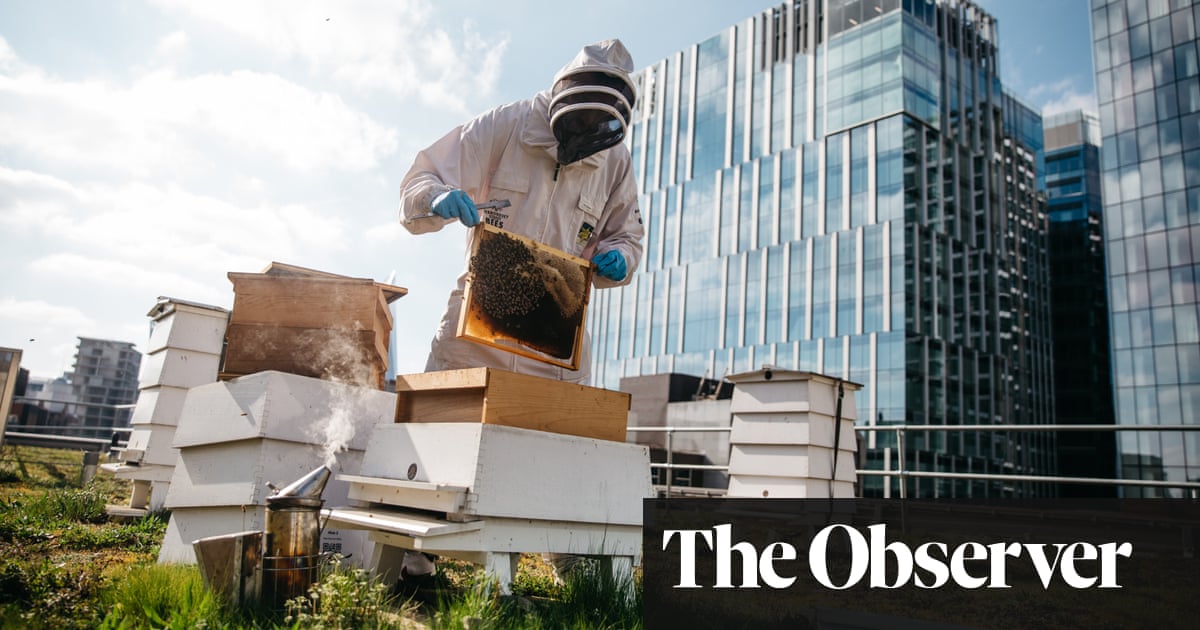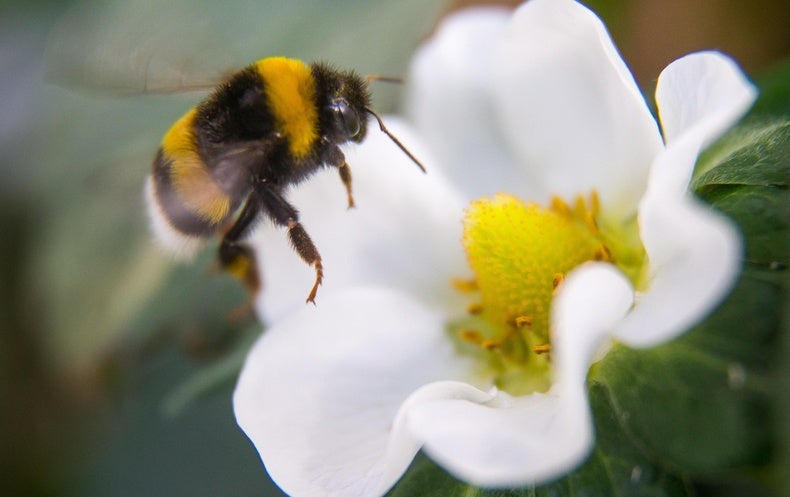
‘Honeybees are voracious’: is it time to put the brakes on the boom in beekeeping?
The number of beehives in Britain’s cities is growing rapidly, putting pressure on native bees ‘that really need our help’, say scientists and experienced beekeepers
“D inosaurs, robots and honeybees. I don’t know why, but everyone is fascinated,” says Richard Glassborow, chair of the London Beekeepers’ Association (LBKA). When it comes to beekeeping, what was once a niche hobby has flourished, especially in Britain’s cities.
But there is growing concern from scientists and experienced beekeepers that the vast numbers of honeybees, combined with a lack of pollinator-friendly spaces, could be jeopardising the health and even survival of some of about 6,000 wild pollinators across the UK. Last year, Kew Gardens’ State of the World’s Plant and Fungi report warned: “Campaigns encouraging people to save bees have resulted in an unsustainable proliferation in urban beekeeping. This approach only saves one species of bee, the honeybee, with no regard for how honeybees interact with other, native species.”
“The general public know about honey; they know it comes from a bee. I think for most people, that’s it. That’s bees,” says Prof Jane Memmott at Bristol University. “Actually, there is the huge swathe of native biodiversity – around 270 species of solitary bee and 25 species of bumblebee – that really need our help.”






















